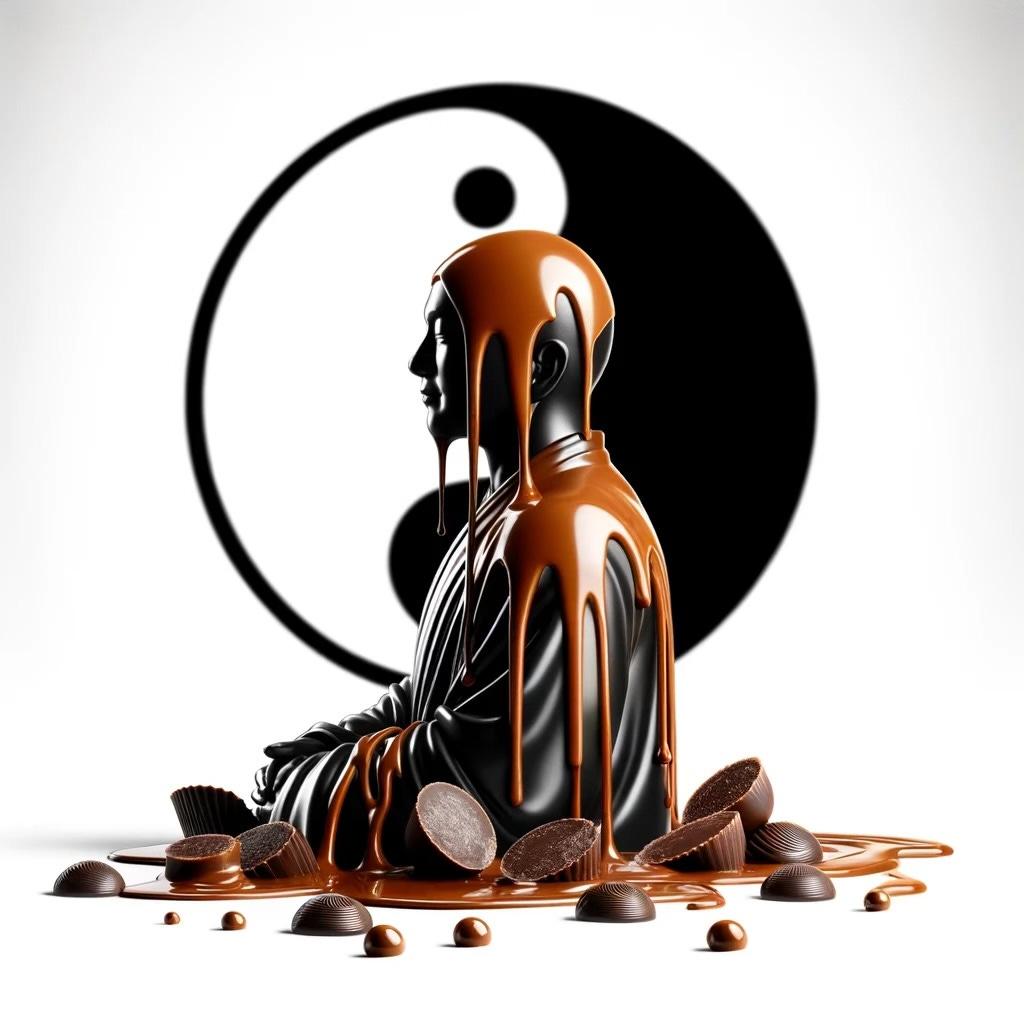Hold on to your music hall seat, because I'm taking you on a whirlwind journey, one where classical music crashes into the philosophical. It features Khatia Buniatishvili, a renown piano powerhouse in Europe who has become an uncommon muse in my quest for Taoist enlightenment.
Picture this: her fingers dance across the keys with a ferocity that could light a fire, yet with a touch so gentle it could calm a storm. This, my friends, is where music and the Tao meet, in a symphony of life and flow that words can barely capture.
In the realm of Taoism, where Lao Tzu and Zhuangzi hang out, life’s all about going with the flow, embracing the 'Tao' or the natural order of things. Enter Khatia to the concert stage, embodying this philosophy like a boss, her performances a masterclass in 'wu wei' or the art of effortless action.
Imagine her at the piano, letting the music stream through her without a fight, as natural as breathing, as powerful as the tide.
Think the Taoist sage Lao Tzu would've been a fan? You bet. He’d probably say Khatia’s music is the Tao itself, a force that flows everywhere, touching souls who are open enough to listen. In her, he’d see a conduit for the universe, her piano playing as natural and impactful as the wind carving canyons.
Lao Tzu’s contemporary Zhuangzi, with his love for transformation and seeing things from multiple angles, would've been mesmerized by the power of Khatia’s music to change perspectives, to morph and adapt based on who's listening. To him, her concerts might symbolize the fluidity of reality, a reminder that life, like music, is ever-changing, filled with infinite possibilities.
Confucius, not to be left out, would've appreciated how Khatia’s tunes can refine our emotions, urging us towards reflection and respect. In her melodies, he’d find validation for his belief that art, especially music, is key to building empathy and guiding us towards a more virtuous existence.
So, what’s the takeaway from diving deep into Khatia Buniatishvili's world through a Taoist lens? First, that music is a pathway to understanding the grand flow of the universe. Khatia, through her sheer brilliance, shows us how to live in tune with the natural world.
Second, it's about transformation - how music, subjective and personal, can be a mirror to our souls, urging us to grow, to embrace the myriad facets of existence.
And lastly, it's about how music can make us better humans, more in tune with each other, fostering an environment where virtue and harmony aren't just ideals, but real possibilities.
Khatia Buniatishvili isn't just a musician; she's a spiritual guide, a beacon lighting the way to understanding the ebb and flow of life. Her artistry does more than touch my soul; it offers a map to navigate the Tao, to embrace change, and to live with purpose.
In the grand symphony of existence, her music is a reminder that the most profound truths often lie beyond words, in the spaces between the notes.






Thank you for sharing this. It sent me straight down memory lane to my childhood when classical music was the fond for my bestie and me while drawing paper dolls or playing with our dolls house.
Katya's hands over the notes were mesmerizing to follow.
As s young girl I loved to listen to classical music; Tchaikovsky, Dvorak, Vivaldi and Sibelius of course ( being a Finn that was a given).